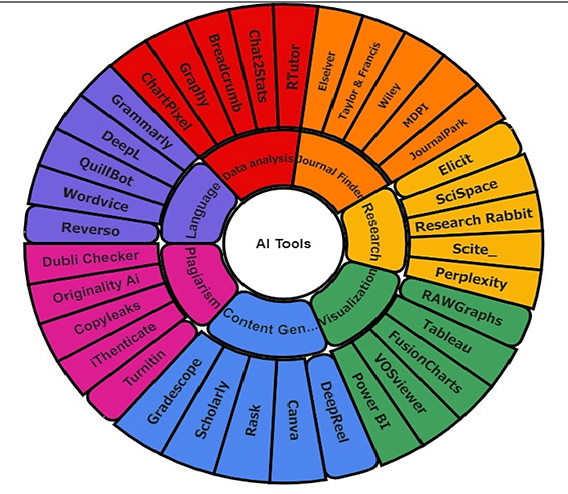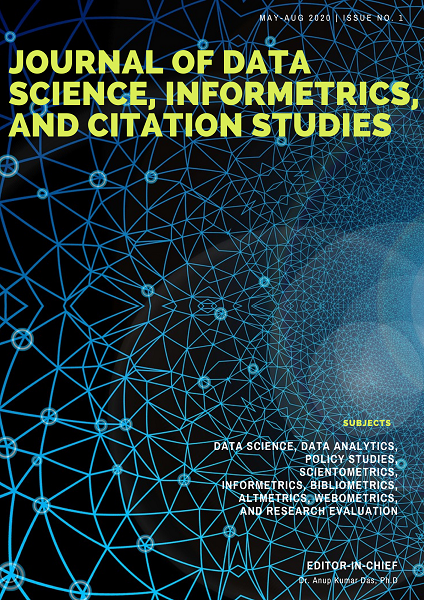How Generative AI Can Boost Scientific Research: Exploring its Uses, Challenges, and What’s Next ?
DOI:
https://doi.org/10.5530/jcitation.20250173Keywords:
Generative AI, Scientific Research, GPT, GANs, Experimental Research, Data Analysis, Privacy, Human–AI Collaboration, AI in IndiaAbstract
Artificial Intelligence is rapidly changing scientific research, opening new avenues for faster, smarter, and more creative discoveries. It describes how Generative Pretrained Transformers (GPT) and Generative Adversarial Networks (GANs) support researchers in automating tedious tasks, generating fresh ideas, and performing previously unimaginable data analysis. This study examines some of the positive outputs and challenges arising from the use of generative AI in scientific research. This study provides practical suggestions for overcoming these challenges, including ways to integrate AI responsibly, deal with ethical concerns, and encourage collaboration among different disciplines. In practice, this was applied through experimental work and case studies that demonstrated how AI can enable productivity and better solution accuracy even for difficult problems. There are some obstacles along the way, and there are some valid concerns regarding bias, privacy, and even issues surrounding the reliability of the results generated by AI. This study aims to create a roadmap for the responsible and effective integration of this powerful technology into the ecosystem of scientific research, provide a broad landscape view, discuss the pros and cons, and discuss the attributes of many applications of generative AI. By understanding both the potential risks, the first steps can be implemented in the future, in which AI enhances scientific discovery.

Downloads
Published
How to Cite
Issue
Section
License
Copyright (c) 2025 Snehasish Paul

This work is licensed under a Creative Commons Attribution-NonCommercial-NoDerivatives 4.0 International License.



